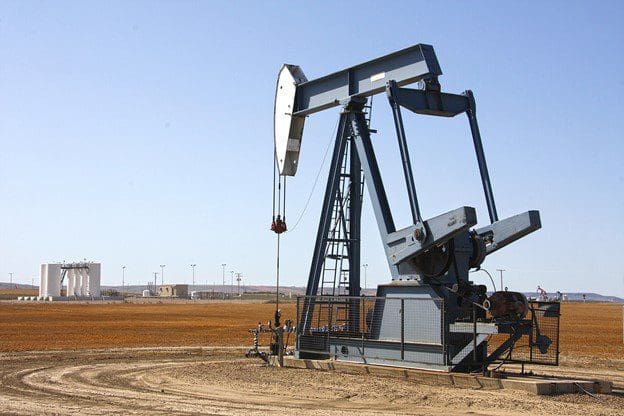Having long been a robust category for investors, energy is about to become very complicated. Even before 2020, we were beginning to see shifts in both investment capital and public attitudes, away from “big oil” and related industries and toward renewables. But the assorted worldwide crises of 2020 have disrupted the energy sector in ways no one could have seen coming, introducing numerous questions moving forward. Will oil rebound from an historic collapse? Are newer oil production methods more favorable than older ones? Have we entered a full transition toward renewables?
From an investor’s perspective, these uncertainties add up to one overarching question: Are energy stocks worth the investment? It’s an impossible question to answer in absolute terms. But we can assess the question by breaking the energy sector down into subsets.
Traditional Oil & Gas
Judging whether oil and gas stocks are worthwhile could be one of the trickier challenges for investors moving into 2021. On the one hand, collapsing oil demand in 2020 has looked at times to be unrecoverable, at least in the short term. The thinking among many is that big oil producers are too badly damaged — some of them on top of existing financial difficulties — to get back to what they once were, even if demand ticks up while the coronavirus pandemic subsides. In other words, some fear that “big oil” may never be quite so “big” again.
On the other hand, oil’s trading price is currently near its post-pandemic high. It topped $45 per barrel in late November for the first time since the pandemic struck, and has remained near that level. This is still well short of its highs in 2019 (around $66) or 2018 (closer to $76), and so still speaks to the lingering weakness of the market. However, there is at least an argument to be made that things are trending in the right direction, and that oil’s short-term prospects have improved, even if it is not to make a full recovery.
Shale Energy
Crude oil and natural gas produced from shale are seen by some as more sustainable options or big oil producers to pursue in the years ahead. With both global sentiment and investor energy shifting fairly rapidly in favor of protective measures for the environment, demand for traditional oil is poised to decline over the long term, and would have been even without the pandemic. Shale oil and gas — while not exactly embraced by green movements — can be marginally more palatable.
Despite all of this though, attitudes toward shale investment are decidedly negative. These are very expensive methods of what is effectively still drilling for oil and gas, and that simply doesn’t match up well with the fact that overall investment in oil production is waning. Buying into energy stocks relating to shale, then, means trusting in a process that is expensive, increasingly poorly funded, and at odds with environmental progressivism.
Renewables
Renewable or “green” energy is a large category that encompasses various specific industries including solar energy, wind and offshore wind energy, and more. By and large though, we can consider these industries together, because collectively, they appear to be where the money is headed.
High-end investment firms are forecasting ongoing climate transition that will result in trillions of dollars being put into renewable energy infrastructure. And these forecasts are coming on the heels of a relatively strong 2020 for the renewable sector, which largely showed more resilience than oil in the face of the pandemic. Thus, there is reason to believe that if in fact energy stocks are worth investing in, it may be those in the renewable category that make the most sense.
Energy is, on the whole, a tough market to read at the moment. There’s a lot of uncertainty, and different portions of the market face different futures. But these at least are some of the factors to consider if you’re mulling energy investment in the near future.
Oil and gas operations are commonly found in remote locations far from company headquarters. Now, it's possible to monitor pump operations, collate and analyze seismic data, and track employees around the world from almost anywhere. Whether employees are in the office or in the field, the internet and related applications enable a greater multidirectional flow of information – and control – than ever before.



